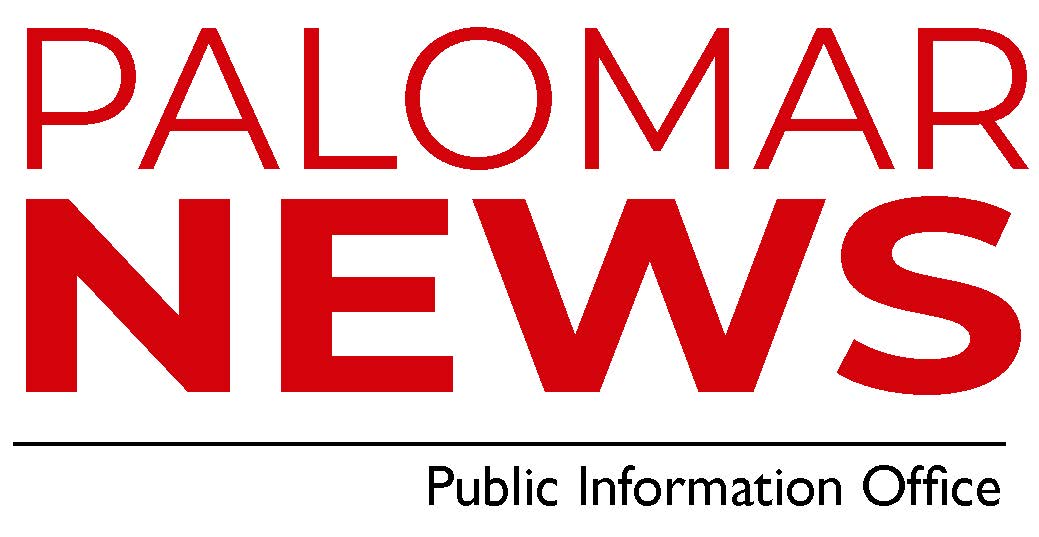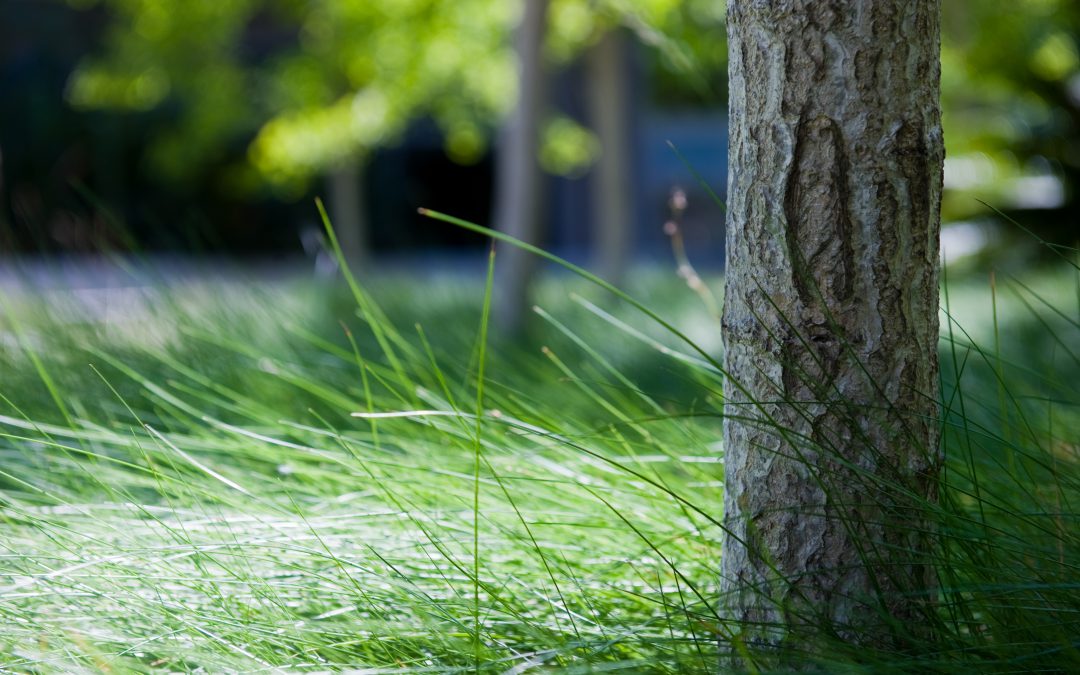Developed in collaboration with tribal nations, the statement acknowledges the continued presence of First People and pledges to honor ancestral lands and continue supporting Indigenous students.
SAN MARCOS — In a unanimous vote at its June 1, 2021 meeting, the Palomar College Board of Trustees adopted a land acknowledgement statement recognizing the ancestral claims of local American Indian tribes and pledging to support Indigenous students.
Patti Dixon, a long-time professor in Palomar’s American Indian Studies Department, described the statement as “a recognition of the fact that Palomar College is located on the ancestral lands of people who are still here today, and Palomar will take action to respect that land and its peoples in a mutually beneficial way.”
The statement reads:
The resilient and continued presence of the Payómkawichum/Luiseño, the Kuméyaay/Ipai/Diegueño, the Kuupangaxwichem/Cupeño, and the Ívillyuatem/Cahuilla Nations compels Palomar College to take sustainable, respectful action to engage the land and its First People with justice and compassion as fellow human beings. Palomar College acknowledges it benefits from the unceded ancestral lands of these sovereign Nations and commits to promoting indigenous knowledge systems and practices in its educational mission. Palomar College pledges to foster a successful learning environment that supports Indigenous students and engages the needs and concerns of the Nations who continue to occupy this land.
“We recently re-engaged and created a sustainable structure for our Native American advisory council and are deeply grateful for the continued partnership between Palomar College and the tribes within our district,” said Dr. Jack Kahn, Interim Superintendent/President of Palomar College. “We look forward to many more years of working together to educate students about the history of our region, and to continue to take actions to support our native students and communities.”
Dixon, who is a member of the Pauma Band of Luiseño Indians, led the Palomar College working group that produced the statement. She said the Palomar College Native American advisory council, made up of staff and local tribal leaders, met several times to seek input on the statement.
According to Dixon, not only does the statement acknowledge historical facts and commit to future action—it also draws on a rich tradition among American Indian tribes of honoring one another’s ancestral land.
“At home, you honor the land through ceremony—acknowledging what the land offers you, and how you take care of it,” she said. “When you leave your home and go to another tribe’s land, you acknowledge their land and state your intention to honor that land while you are a guest.”
“The more contemporary understanding of a land acknowledgement is one of trying to bring about recognition that our land has been dispossessed by settlers,” Dixon added. “It’s a calling to stewardship, at the same time. It’s not just recognition, but a commitment to honor our ongoing relationship with the land.”

